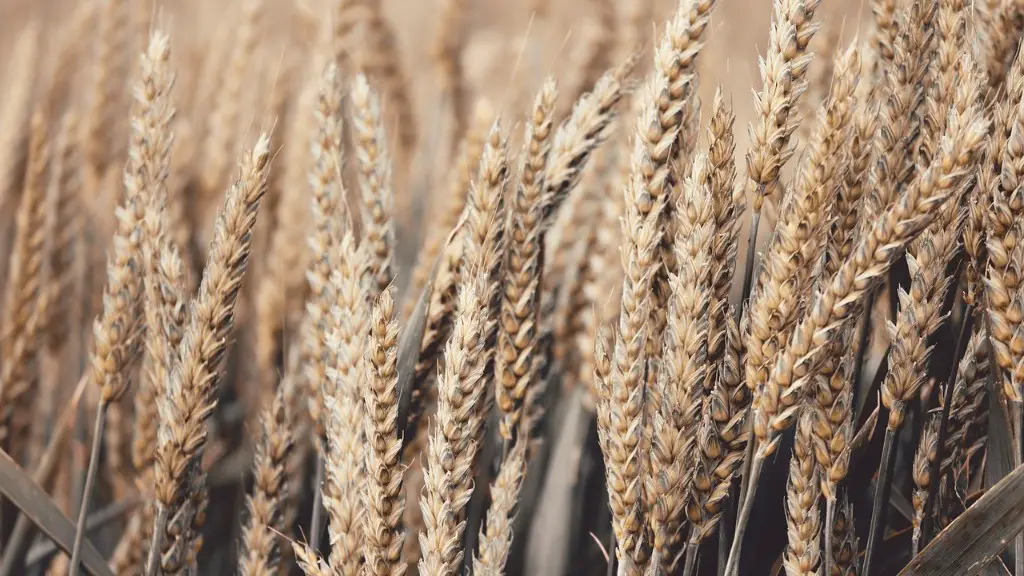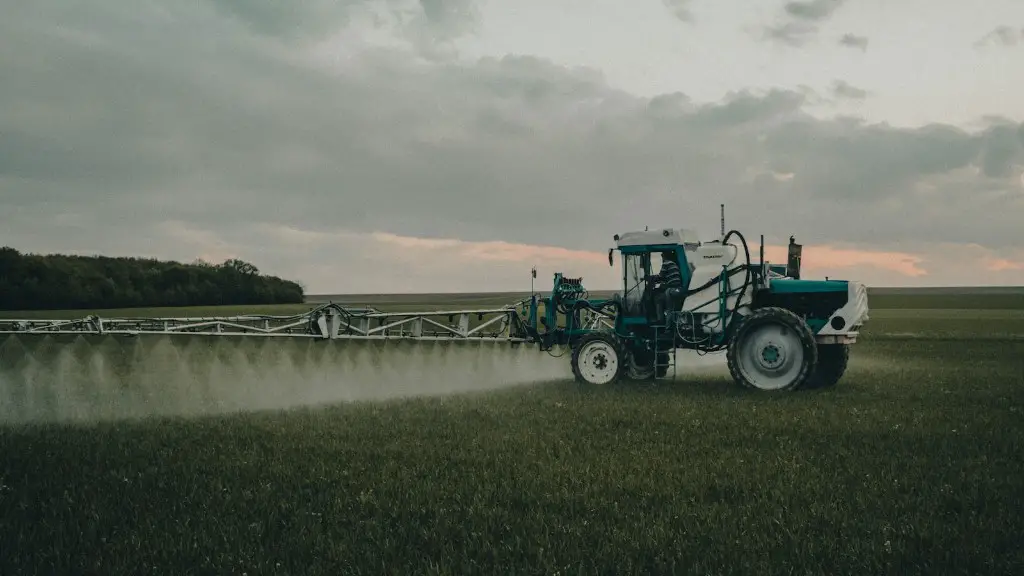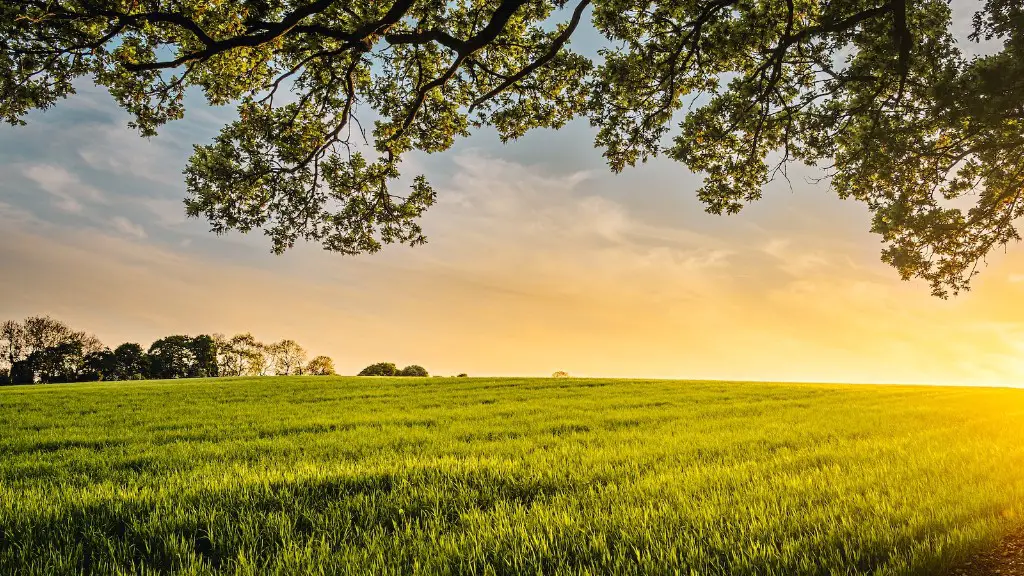Agriculture has been an integral part of human life since ancient times, and it still plays an important role in modern society. Today, there are more people farming than ever before, supplying us with food, fibers, animal products, fuel, and other materials necessary to sustain our lives. Although the nature of agriculture has changed significantly since its early days, the basic principles remain the same: utilizing natural resources to provide food and other useful materials.
Advances in Technology
In recent years, technological advances have revolutionized modern agriculture. New tools and machines make farming easier, more efficient, and more productive, allowing farmers to produce more in less time. Modern fertilizers, herbicides, and pesticides have greatly increased yields in most countries, and new genetic modification techniques help to increase crop vitality and pest resistance. Global positioning systems, remote sensing devices, and other digital technologies are also being used to maximize productivity and reduce costs.
Environmental Impacts
The use of modern industrial agriculture also has significant environmental consequences. Agricultural runoff can contaminate local water supplies, and overuse of synthetic fertilizers and pesticides can cause nutrient depletion, pollution, and soil erosion. Monoculture increases the risk of crop failure, while genetically modified plants can be a threat to biodiversity. The climate change crisis is deeply entwined with the agricultural sector, since intensive farming is responsible for high levels of carbon dioxide emissions.
Agroecology and Sustainable Agriculture
In response to these issues, many farmers are adopting agroecological or sustainable farming practices to reduce their environmental impacts. Agroecology is an approach to farming that is informed by ecosystem science, integrating ecological principles into the agricultural process. Sustainable agriculture seeks to reduce the use of chemical inputs, replace monoculture with more diverse crop rotations, and minimize the use of water and energy. Many farmers are also doing their part to conserve biodiversity and reduce carbon emissions by adopting zero-waste, permaculture, and no-till practices.
Trade and Government Policies
Although farmers are doing their best to operate sustainably, global agricultural trade and government policies can also have a significant impact. Although global agricultural trade allows countries to share resources, it also exacerbates food insecurity in vulnerable countries and drives deforestation and habitat loss. Additionally, government policies affect farmers in many ways, from agricultural subsidies and price supports to land-use regulations and conservation incentives.
Local and Organic Agriculture
As consumer demand for local, organic produce grows, more and more farmers are taking part in the “local food revolution”. Local and organic agriculture is based on regenerative practices that work with nature to produce high-quality food, while preserving natural resources and habitats. Many local farmers are also working together to form agricultural cooperatives, buy local food from neighboring farmers and processors, and develop local food systems.
Social and Economic Factors
In addition to the environmental and technological factors affecting agricultural production, social and economic conditions are also important. In many rural communities, the disappearance of traditional livelihoods has forced smallholders to migrate to urban areas, leaving food production in the hands of larger, industrialized farms. Poverty and lack of access to resources create an uneven playing field, with many small farmers unable to access the capital and support necessary to increase profitability and market access.
Food Waste and Security
The issue of food waste is a major concern in today’s agricultural sector. According to the FAO, nearly one-third of all food produced for human consumption is wasted each year. This has serious implications for global food security, as well as economic and ecological sustainability. Reducing food waste requires changes in infrastructure, education, and public policy, including changes to logistics, packaging, labeling, and marketing practices.


